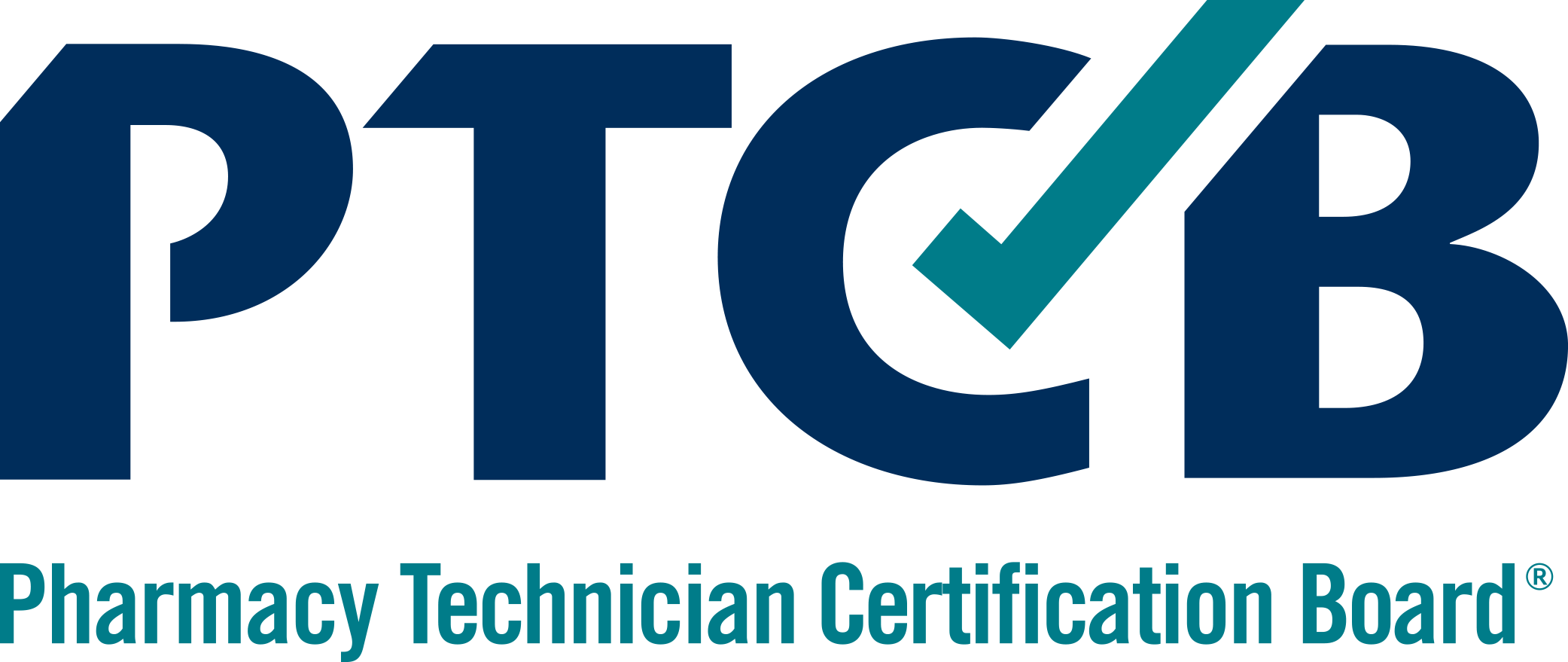
- March 2016 Central Nervous System
- Volume 82
- Issue 3
Our Voice: A Pharmacy Technician Journaling Initiative

As patient-centered care becomes the focus and standard of health care, pharmacy technicians have experienced dramatic increases in their roles and responsibilities.
As patient-centered care becomes the focus and standard of health care, pharmacy technicians have experienced dramatic increases in their roles and responsibilities. This is true in most pharmacy practice settings: retail pharmacy technicians are working collaboratively with insurance companies and providers to assist in billing for medication therapy management services, while pharmacy technicians in hospitals are collecting patient medication histories upon admission, assisting with medication reconciliation, and becoming more involved in informatics through electronic medication management.
Although the pharmacy technician profession continues to grow, a lack of standardization has prevented the full expansion of technician roles. At the end of 2015, 5 states still did not regulate pharmacy technicians, with the regulations varying greatly among the 45 states that do. Some states require technicians to obtain a specific certification, whereas other states do not even require registration with the state board of pharmacy (BOP). Registration is particularly important, as it creates a record of all pharmacy technicians working in the state, allowing an individual BOP to monitor technician activity, accountability, and potential applicants.
In addition, technician education is greatly affected by the lack of standardization in the profession. Many states require no education, with technicians able to begin working in a pharmacy with only the completion of an approved certification exam, such as the Pharmacy Technician Certification Exam (PTCE), or an employer-written exam approved by the BOP. Although diploma, certificate, and associate degree programs are also available, they may not be accredited by the American Society of Health-System Pharmacists (ASHP), the sole accrediting body for pharmacy technician programs. This problem of standardization may be evident, but progress is being made: by 2020, the Pharmacy Technician Certification Board will require all PTCE candidates to have completed an ASHP-accredited training program.
In an effort to better understand and bring awareness to the evolving pharmacy technician profession, the American Association of Pharmacy Technicians (AAPT) will soon initiate Our Voice, a study enrolling pharmacy technicians from many locations and practice types. Each month, this diverse group will journal on select topics— including leadership, education, organizational membership, and state-specific regulations—and complete a survey, the results of which will be examined for trends, innovative roles, and current practice standards. The focus of the project will be to explore existing practice models, with the hope of educating on new initiatives, standardizing practice, and creating a vision for future pharmacy technicians.
“We will look at trends and follow through by sharing these trends and project insights with the pharmacy community,” AAPT President Judy Neville explained. “We hope to examine what pharmacy technicians around the country are saying, and then provide resources to strengthen the role of the pharmacy technician, based on data collected through this project.”
With an emphasis on the lack of standardized training and education, as well as state-specific requirements, AAPT recognizes the need to highlight these and other areas of pharmacy technicians in Our Voice. Although many data analyses have been published, this study will focus on direct feedback from technicians in order to mitigate and decipher struggles, as well as to highlight areas of new initiatives and innovation. Ultimately, the goal of Our Voice is to use technician-driven data to aid in the progression of standardization, thereby allowing technicians to advance in their roles on the pharmacy team.
Kristy Malacos, MS, CPhT, is the pharmacy administrator at Magruder Hospital in Port Clinton, Ohio, through Pharmacy Systems, Inc.
Articles in this issue
almost 10 years ago
ENTRESTOâ„¢ (sacubitril/valsartan) for the Management of Heart Failurealmost 10 years ago
Optimizing Statin Therapy by Avoiding Clinically Relevant Drug Interactionsalmost 10 years ago
Latent Tuberculosis After the Use of Etanerceptalmost 10 years ago
Case Studies (March 2016)almost 10 years ago
Can You Read These Rxs? (March 2016)almost 10 years ago
Pet Peeves (March 2016)almost 10 years ago
Making a Difference Through Leadershipalmost 10 years ago
Heroin Abuse: How It Differs from Rx Drug AbuseNewsletter
Stay informed on drug updates, treatment guidelines, and pharmacy practice trends—subscribe to Pharmacy Times for weekly clinical insights.


























